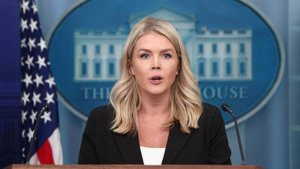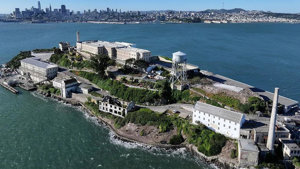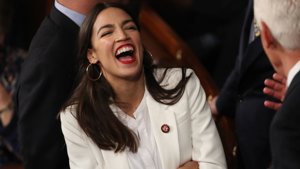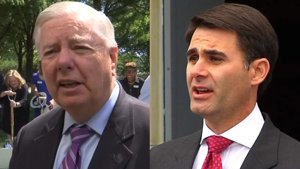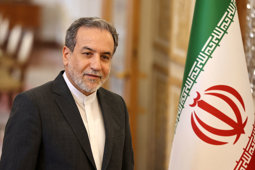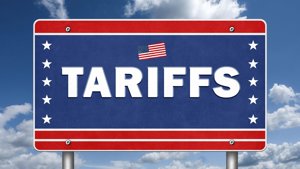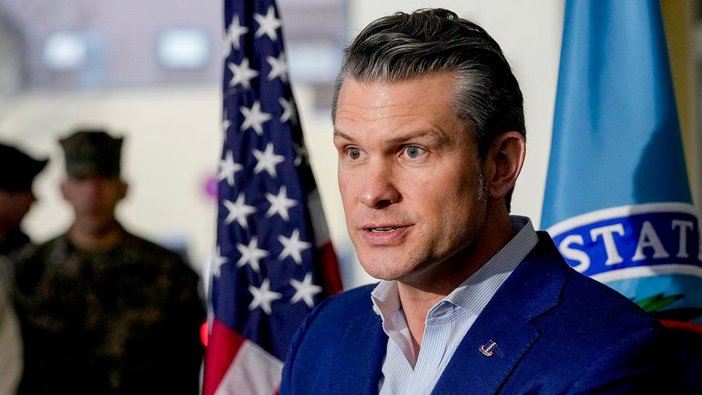
China Slams Hegseth's 'Cold War' Remarks
China blasts U.S. Defense Secretary Pete Hegseth for provocative remarks labeling Beijing a threat in the Indo-Pacific.
U.S.-China Tensions Escalate at Security Forum
China has issued a strong condemnation of U.S. Defense Secretary Pete Hegseth after his remarks at the Shangri-La Dialogue in Singapore, where he warned that China poses a legitimate and imminent threat to Indo-Pacific security. Beijing responded by accusing Hegseth of embracing a “Cold War mentality” and intentionally provoking discord in the region.
“Hegseth deliberately ignored the call for peace and development by countries in the region,” said a spokesperson for the Chinese Foreign Ministry. “Instead, he touted bloc confrontation, vilified China with defamatory allegations, and falsely called China a ‘threat.’”
The ministry rejected Hegseth’s assertions as inflammatory and protested strongly to the U.S. government. The statement accused Washington of undermining regional peace and declared the U.S. the true hegemonic force destabilizing the Asia-Pacific.
Military Build-Up and Taiwan at Center of Dispute
During his speech, Hegseth emphasized the Pentagon’s view that China is accelerating preparations for a possible conflict over Taiwan. “We are not going to sugarcoat it — the threat China poses is real. And it could be imminent,” he said. Hegseth stated that China is no longer merely building up forces, but is actively training daily for military operations aimed at Taiwan.
China, which considers Taiwan part of its sovereign territory, firmly rejected the U.S. position. “The Taiwan question is China’s internal affair,” the ministry said. “The U.S. must never play with fire on this question.”
Beijing urged Washington to stop supporting what it called “Taiwan independence separatist forces” and demanded strict adherence to the one-China principle and existing U.S.-China communiqués.
The statement also accused the U.S. of militarizing the South China Sea and inflaming tensions throughout the Indo-Pacific. “The U.S. is turning the region into a powder keg,” the spokesperson claimed, insisting that freedom of navigation had never been an issue and that China had always sought peaceful resolution of disputes.
Chinese Defense Ministry spokesperson Zhang Xiaogang echoed these criticisms, accusing Hegseth of distorting China’s policy and provoking unnecessary confrontation.
U.S. Pushes for Shared Responsibility
While Hegseth vowed to reinforce U.S. military readiness overseas, he also called on allies to increase their own defense contributions. “We ask, and indeed we insist, that our allies and partners do their part on defense,” he stated. “Sometimes that means having uncomfortable and tough conversations.”
The clash over military posture comes on the heels of a fragile trade truce between the two powers. Last month, the U.S. and China agreed to temporarily reduce tariffs — the U.S. cutting rates from 145% to 30%, and China reducing its tariffs on American goods from 125% to 10% — for a 90-day window aimed at reaching a broader agreement.
However, President Donald Trump signaled frustration with the arrangement in a recent social media post, accusing China of violating the terms and declaring he would no longer be “nice” in future trade dealings.
As both countries position themselves amid rising geopolitical and economic friction, the latest exchange at the Shangri-La Dialogue underscores a deepening rift between Washington and Beijing, with no clear resolution in sight.

